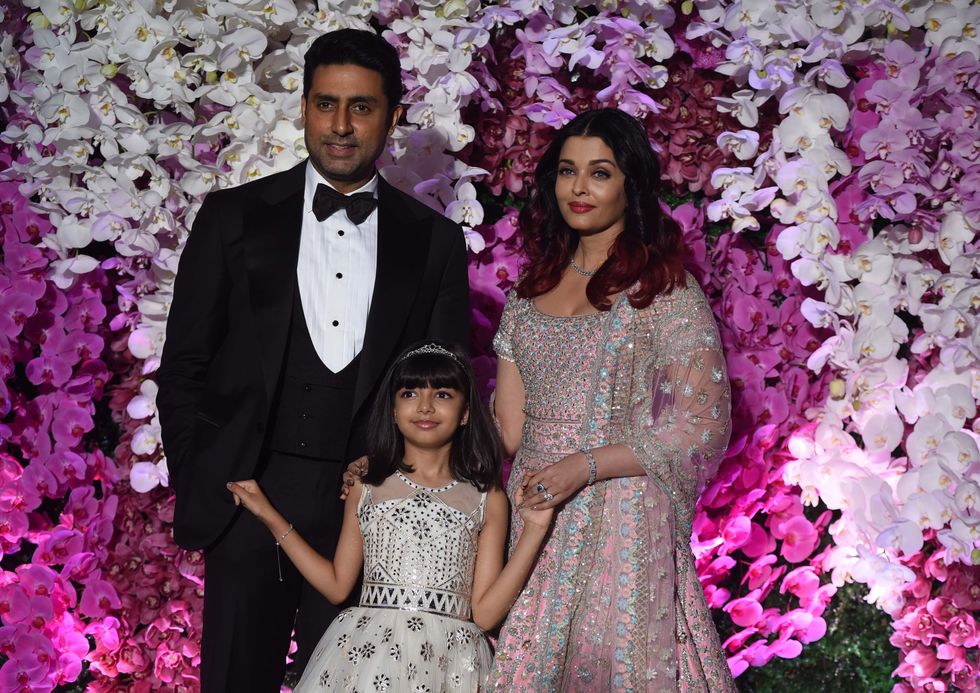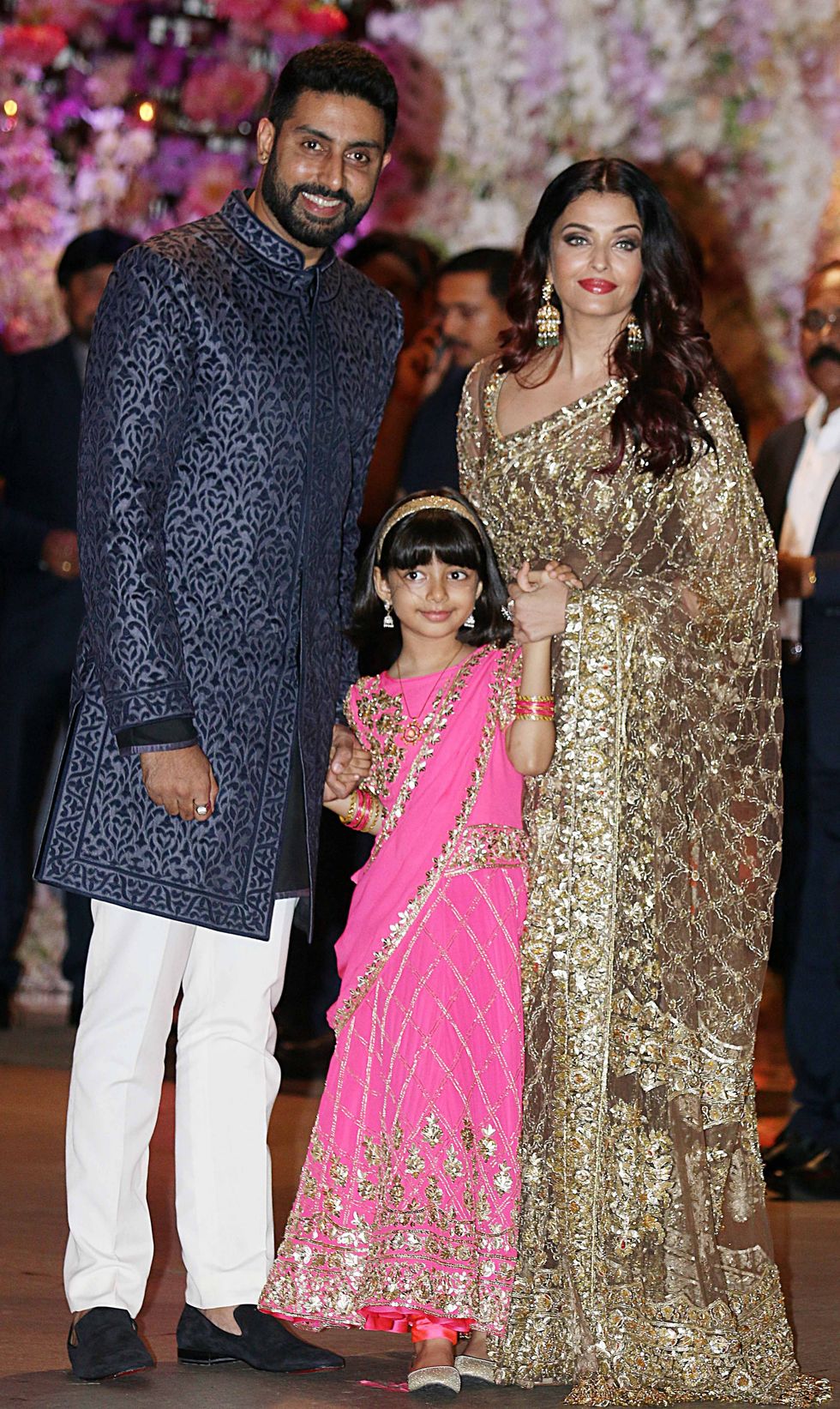A third actor, Sharon Johal from Neighbours has alleged racism on the set of the popular Australian soap opera.
She left the show in March after playing the character Dipi Rebecchi for four years.
Johal, the Australian actress, with Indian roots said she had faced racist taunts from castmates during the show. She felt further targeted when she brought up the matter with the management.
She described it as an "human rights issue" and felt "morally compelled" to voice her experience after two Aboriginal stars did so last week.
The racism allegations on the set of Neighbours were first raised by former cast members of the show Meyne Wyatt and Shareena Clanton.
In reaction, production company Fremantle Media promised to hold a review into the allegations.
Clanton praised Johal's expression on Tuesday (13), commenting on her Instagram post: "So it begins... I am with you and so proud of you for speaking up."
Johal released a 1,500 word statement on Instagram, without identifying anyone said she had experienced "direct, indirect and casual racism" on the set.
She said one former castmate compared her to a bobble-head toy, and repeatedly mimicked Indian character Apu from The Simpsons in her presence "with accompanying Indian accent and movement of head".
Another castmate, still on the show, had also repeatedly referred to her as "you people" when talking about people of Indian descent.
Johal said when she asked what the castmate had meant, she was told: "You know, Indians."
She was later alerted by crew members that the same castmate had also called her "the black one" or "blackie" behind her back.
Johal alleged they had also repeatedly voiced claims on set that the show had only hired Indian actors to "fill their diversity quotas" and "not because they're any good."
She said despite her reporting the incident to the management, there was no action taken and she was more targeted.
Moreover, she also pointed out to the management for moderation of racist abuse was needed for posts going up on the show's social media accounts.
"I was again sympathised with, but was advised: "We leave the comments as they are for people to discuss."
However, Johal lauded Fremantle Media's investigation and requested it to be widened to include all forms of discrimination.






 Aaradhya Bachchan has no access to social media or a personal phoneGetty Images
Aaradhya Bachchan has no access to social media or a personal phoneGetty Images  Abhishek Bachchan calls Aishwarya a devoted mother and partnerGetty Images
Abhishek Bachchan calls Aishwarya a devoted mother and partnerGetty Images Aaradhya is now taller than Aishwarya says Abhishek in candid interviewGetty Images
Aaradhya is now taller than Aishwarya says Abhishek in candid interviewGetty Images Aishwarya Rai often seen with daughter Aaradhya at public eventsGetty Images
Aishwarya Rai often seen with daughter Aaradhya at public eventsGetty Images









 Lootera released in 2013 and marked a stylistic shift for Ranveer Singh Prime Video
Lootera released in 2013 and marked a stylistic shift for Ranveer Singh Prime Video  Ranveer Singh’s role as Varun showed he could command the screen without saying much
Ranveer Singh’s role as Varun showed he could command the screen without saying much The period romance Lootera became a turning point in Ranveer Singh’s career
The period romance Lootera became a turning point in Ranveer Singh’s career Ranveer Singh’s performance in Lootera was praised for its emotional restraint
Ranveer Singh’s performance in Lootera was praised for its emotional restraint Ranveer Singh and Sonakshi Sinha starred in the romantic drama set in 1950s BengalYoutube/Altt Balaji Motion Pictures
Ranveer Singh and Sonakshi Sinha starred in the romantic drama set in 1950s BengalYoutube/Altt Balaji Motion Pictures  Lootera’s legacy has grown over the years despite its modest box office runYoutube/Altt Balaji Motion Pictures
Lootera’s legacy has grown over the years despite its modest box office runYoutube/Altt Balaji Motion Pictures
